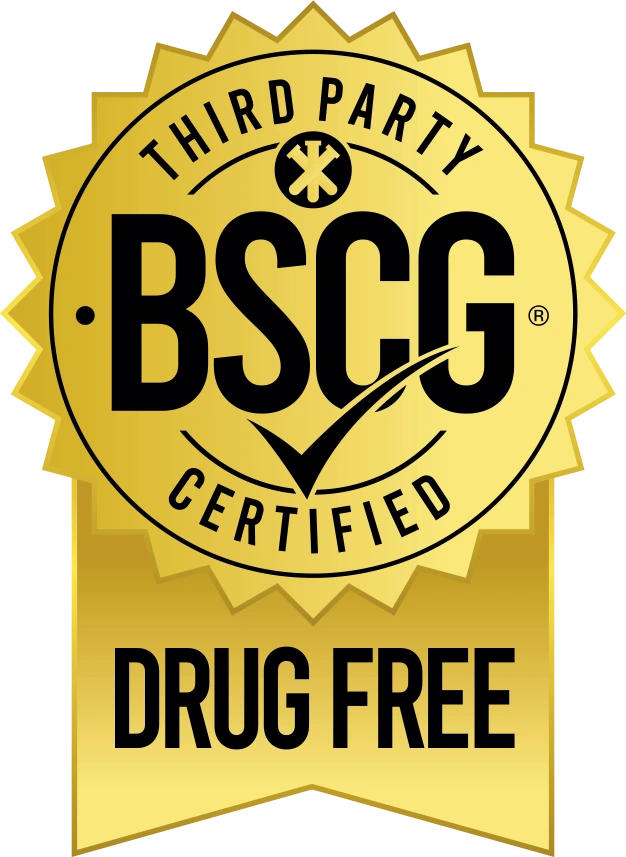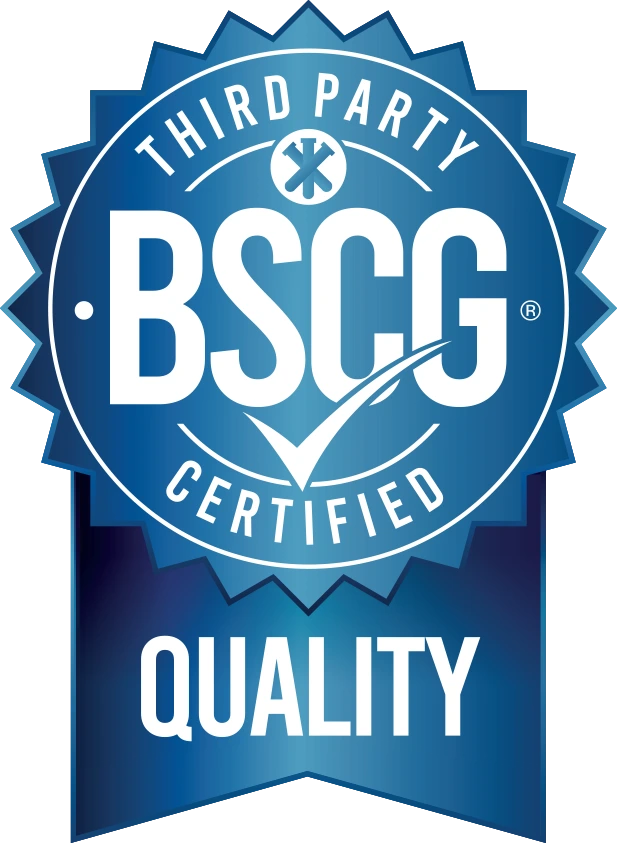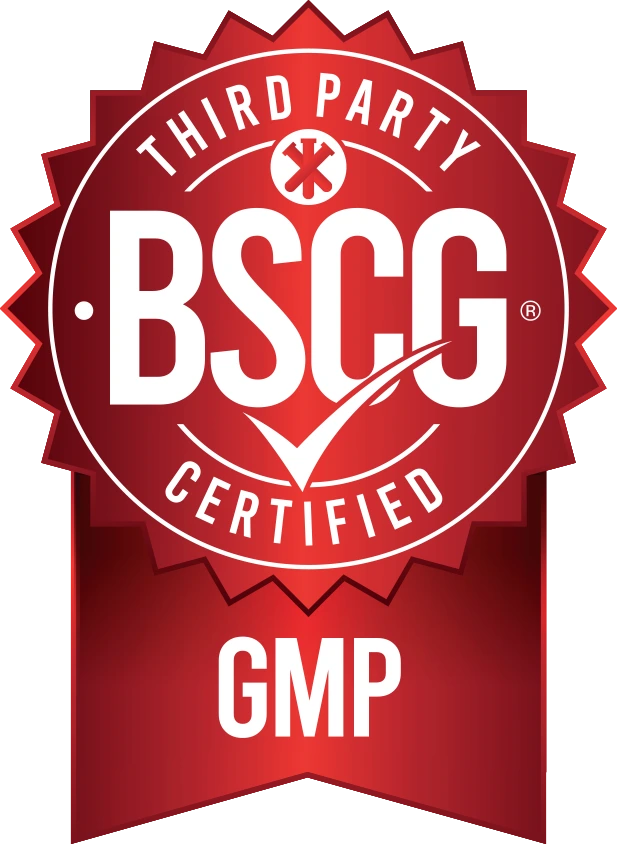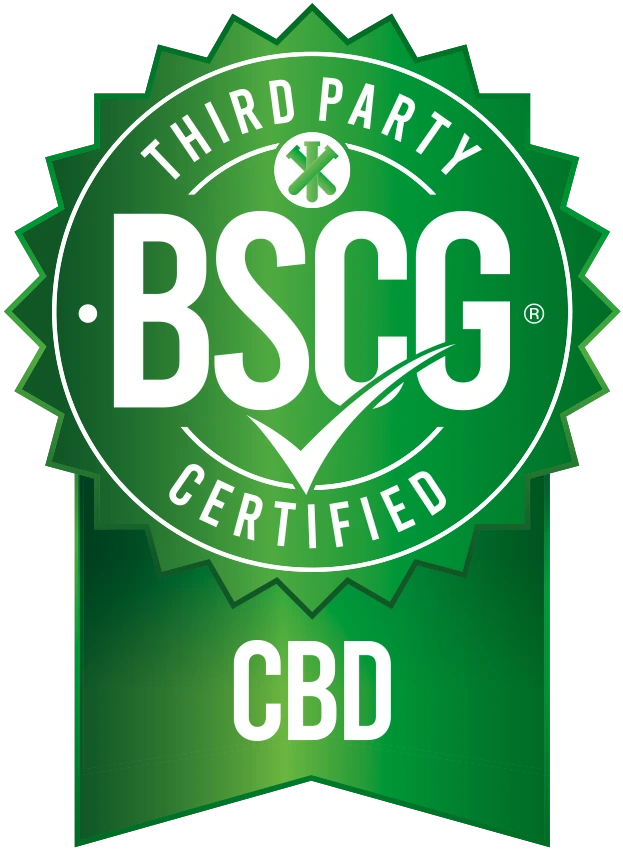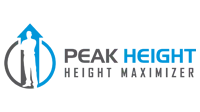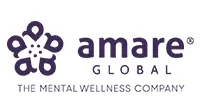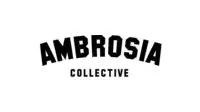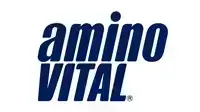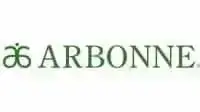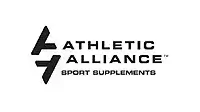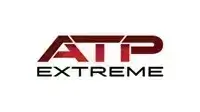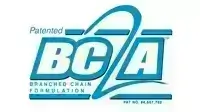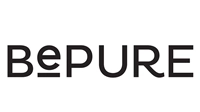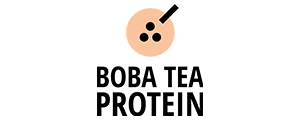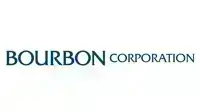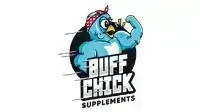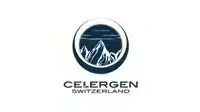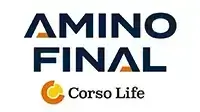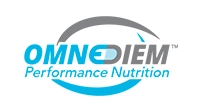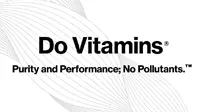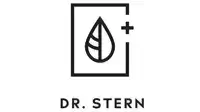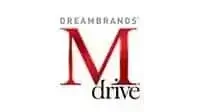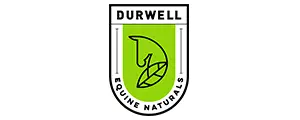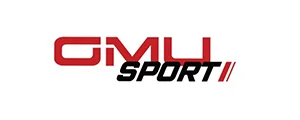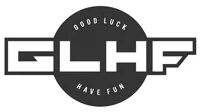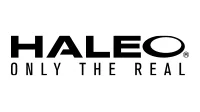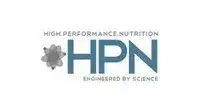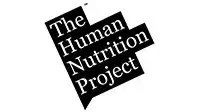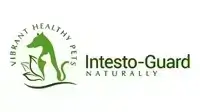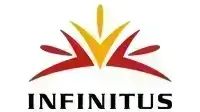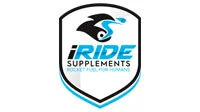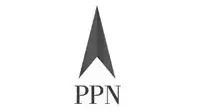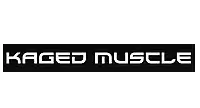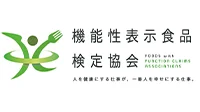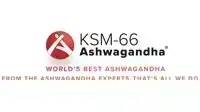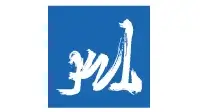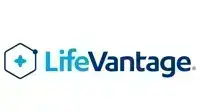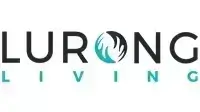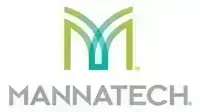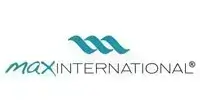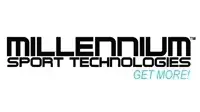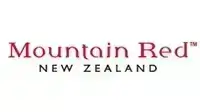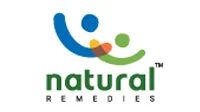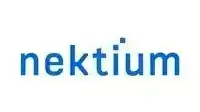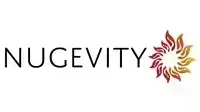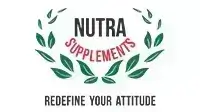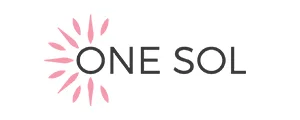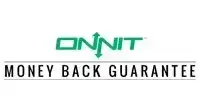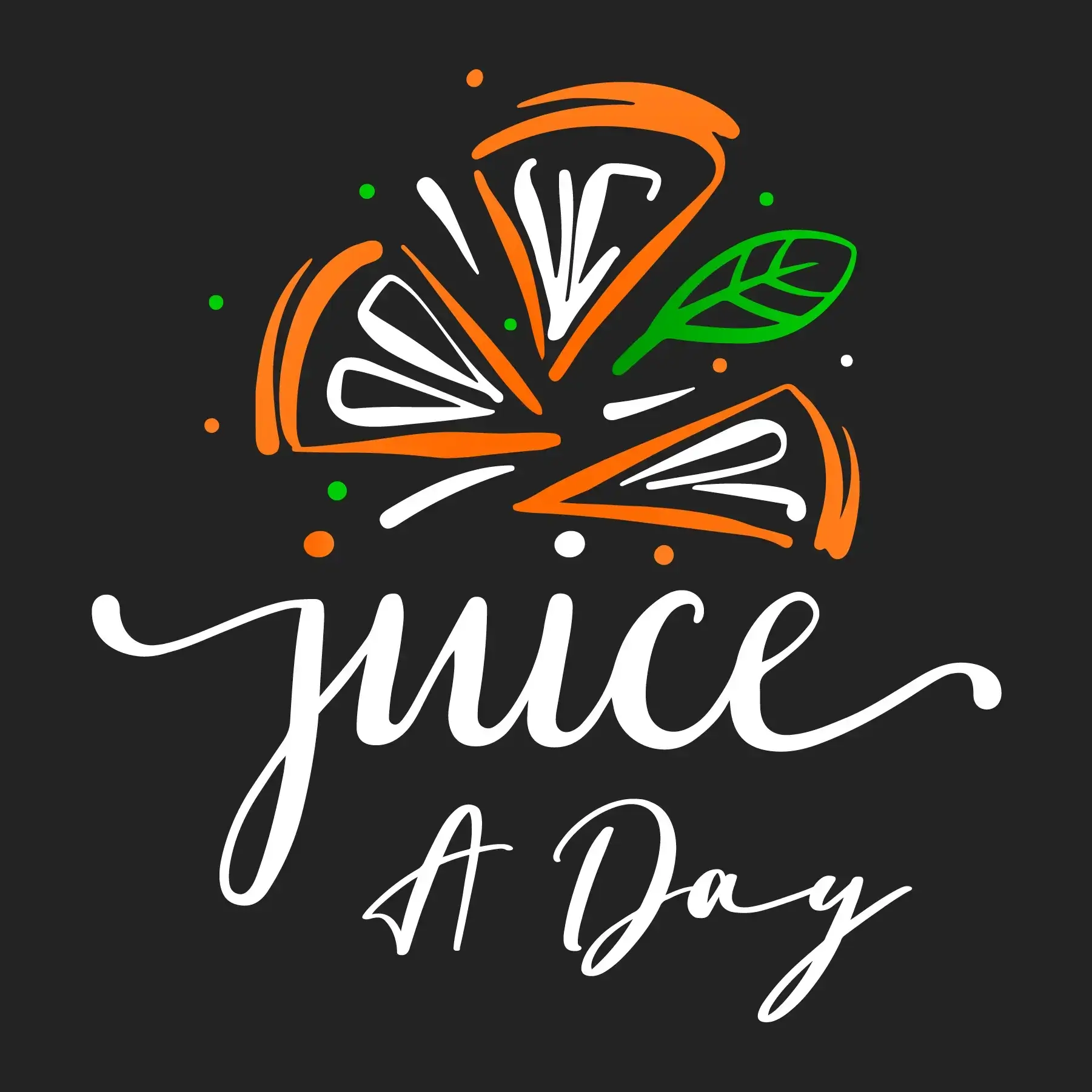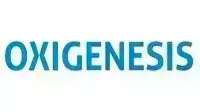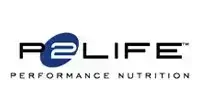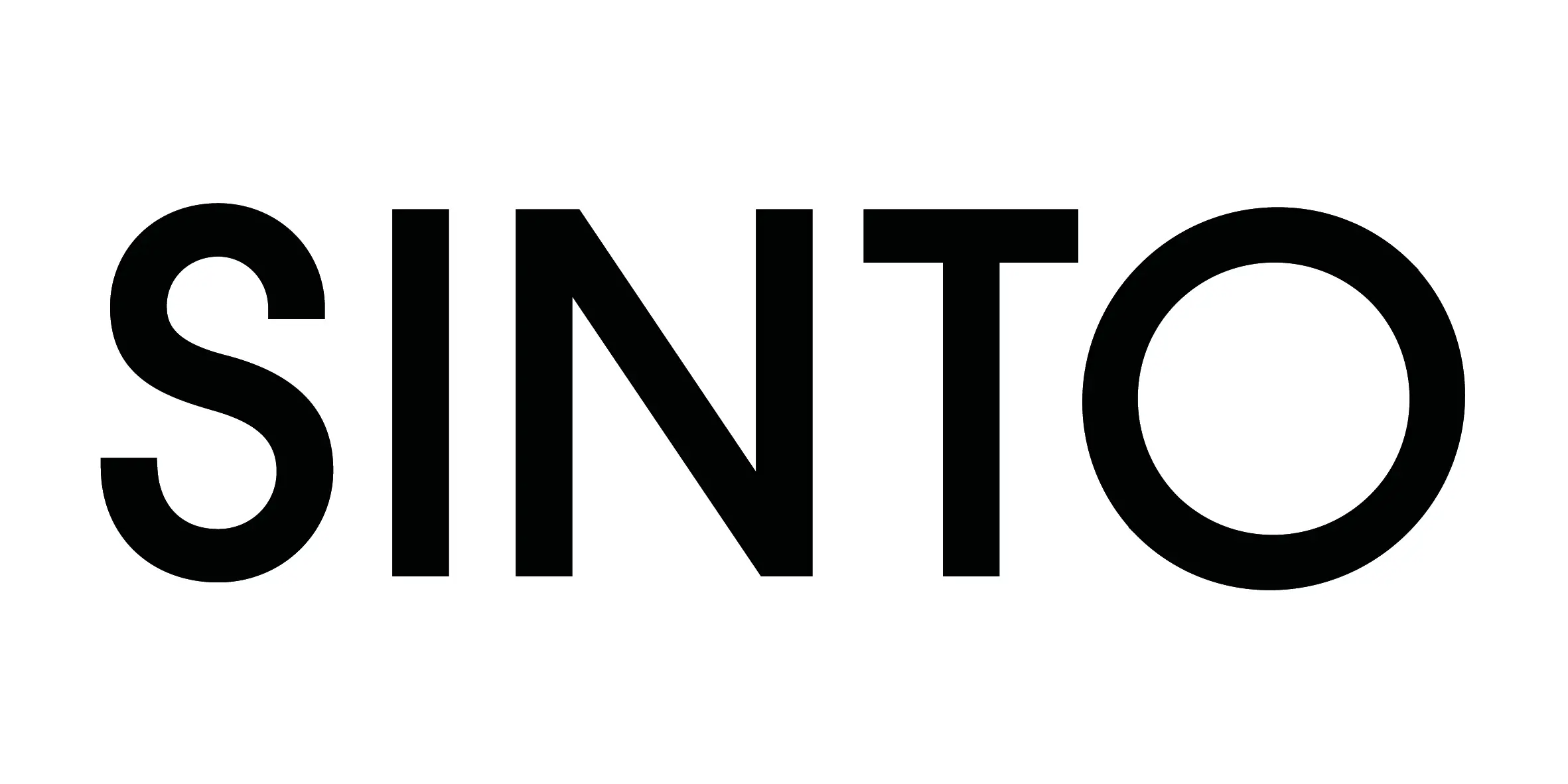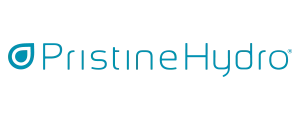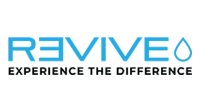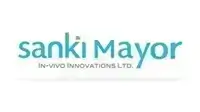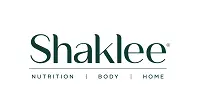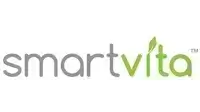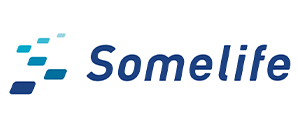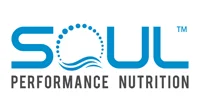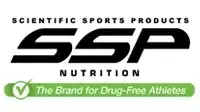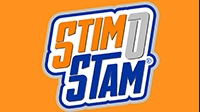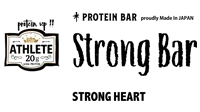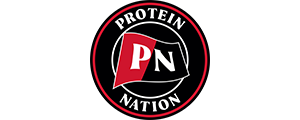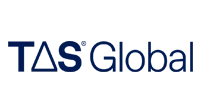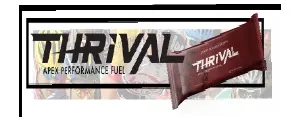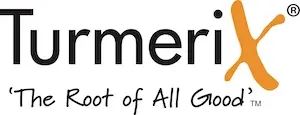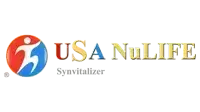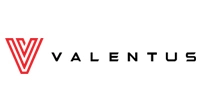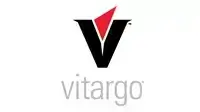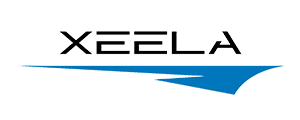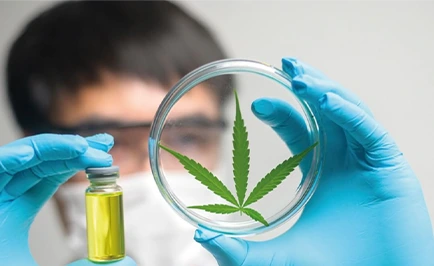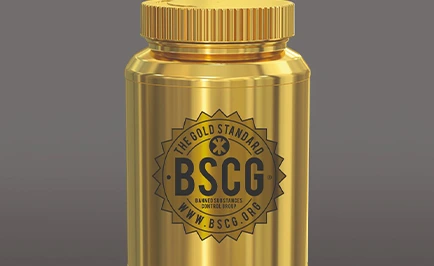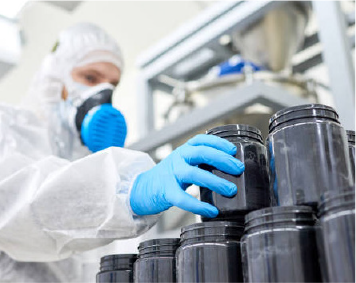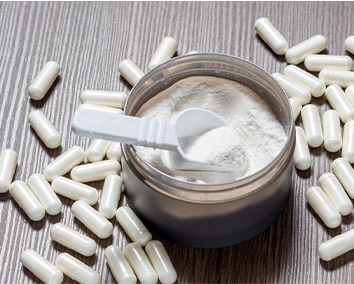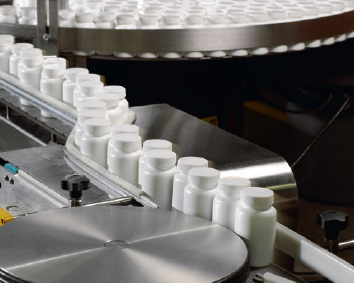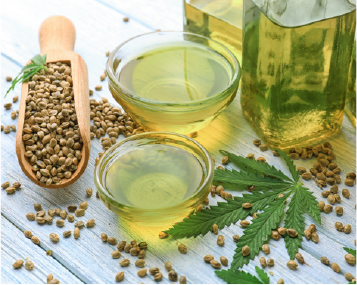BSCG Newsletter - May 2021
May 28, 2021
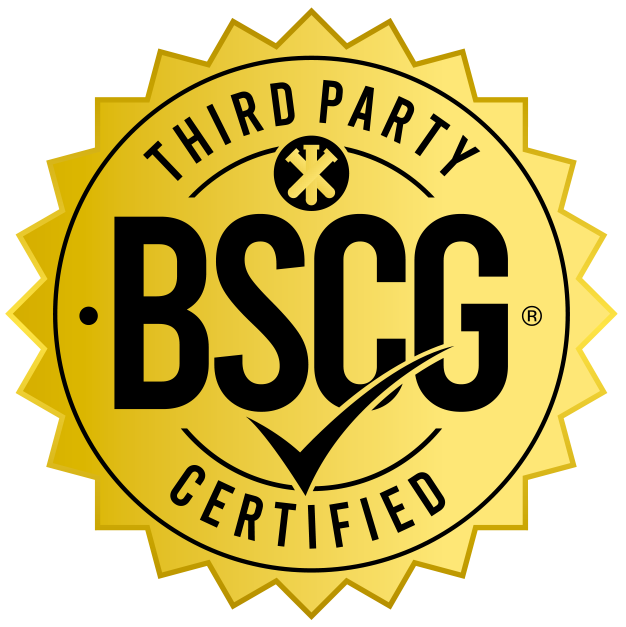
Banned Substances Control Group
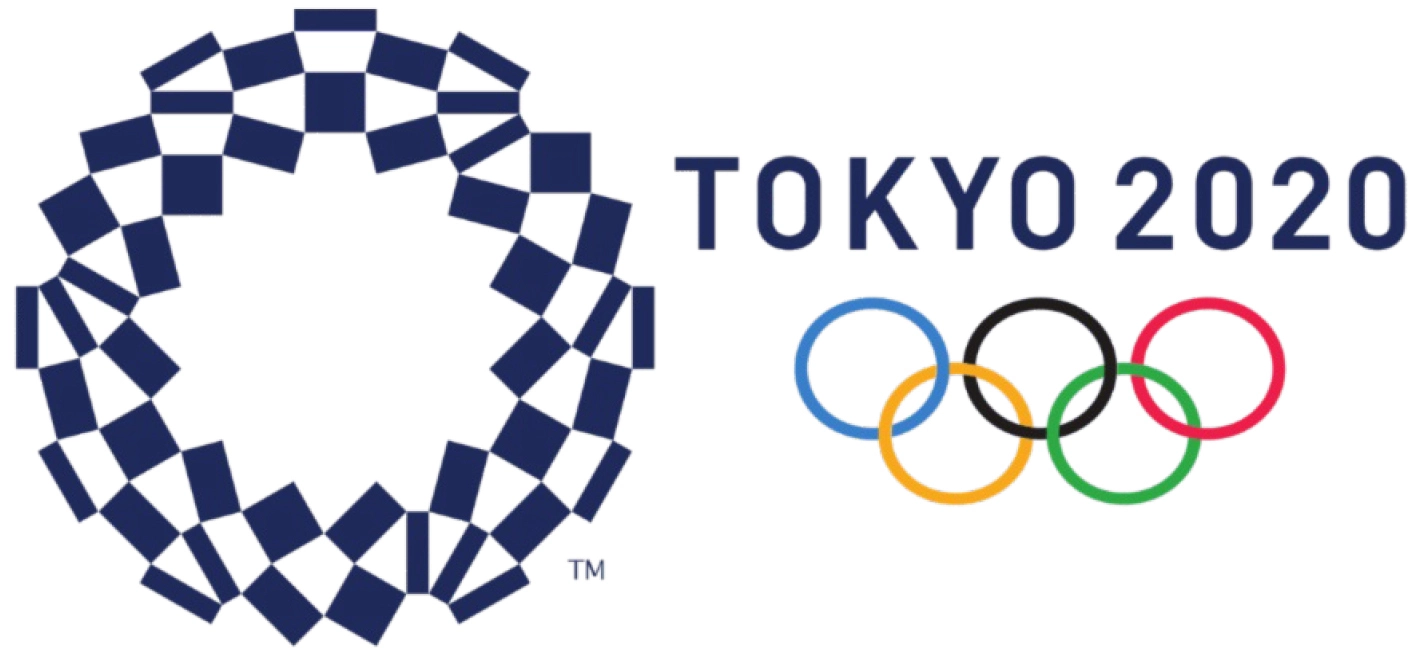
Set to begin July 23, the Tokyo Olympics are fast approaching. But recent polls of Japanese people show a significant majority opposed to holding the Olympics there this summer. And recently, the Tokyo Medical Practitioners Association, which represents some 6,000 primary care physicians, called for the cancellation of the Olympics due to the coronavirus pandemic.
Accidental doping is the last thing we want to see from Olympic athletes facing a host of other challenges at the Tokyo Games. Supplement certification is more important than ever for elite athletes to consider to protect themselves frominadvertent doping positives. BSCG is proud to be an officially designated thirdparty supplement certification provider for Japanese Olympic athletes.
Our Certified Drug Free program continues to offer the broadest protection available today. Our testing menu covers 287 WADA Prohibited Substances, more than any other certification provider, and an additional 204 prescription, overthe-counter, or illicit drugs not covered by any other program in the world.
All of us will be watching what happens with the Tokyo Olympics and we’re staying tuned for any further developments…

BSCG President Oliver Catlin Co-Writes Piece About Questionable Sports Nutrition Ingredients for Natural Products Insider
Sports nutrition has a history of pushing the envelope of innovation into questionable terrain. Prohormones, 1,3-dimethyamylamine (DMAA) and selective androgen receptor modulators (SARMs) are infamous examples of ingredients that played with the fringes of regulations drawing the ire of FDA and plunging brands and formulators into legal jeopardy.
In this new piece written for Natural Products Insider , BSCG President Oliver Catlin and renowned attorney Rick Collins examine a range of sports nutrition ingredients that have pushed the envelope, such as vinpocetine, racetams, and insulin-like growth factor (IGF-1). The piece is available in both abbreviated and full forms; the abbreviated version can be read on the NPI website and the full piece in its digital magazine.
Supplement Certification for Banned Substances a Vital Consideration in Thoroughbred Racing Today.
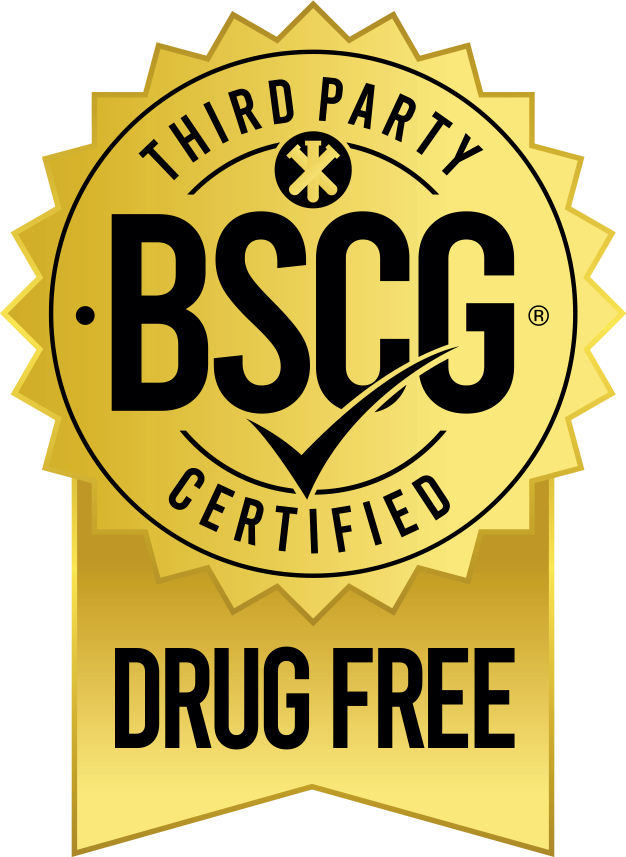
With Kentucky Derby Winner Medina Spirit’s trainer, Bob Baffert, recently suspended and the horse unable to compete in the Belmont Stakes, performance-enhancing drug use in horse racing has hit the front page. Regardless of the final outcome of this case, it’s a reminder that veterinarians, trainers and owners need to take careful stock of what they use to treat these amazing horses.
Animal supplement use has been on the upswing in recent years in a range of competitive events where drug testing rules apply, whether it be thoroughbred racing, equestrian sport, or dog or camel racing. Feed contamination has proven to be the cause of a number of positive drug tests in the past. Dietary supplements are as much if not more of a concern in the animal environment where the list of prohibited substances can include more than 1,000 substances, compared to 333 on the WADA Prohibited List.
BSCG is the only third-party dietary supplement provider to offer a broad testing menu for substances prohibited by animal anti-doping regulations. The BSCG Certified Drug Free program for animal supplements tests finished product lots for more than 1,300 drugs prohibited in animal sport. This rigorous program offers protection to equines, canines or other competition animals subject to antidoping policies of official animal-sport organizations including ARCI (Association of Racing Commissioners International), FEI (International Federation for Equestrian Sports), USEF (United States Equestrian Federation), and others.
The Safety Reporting Portal in the U.S. Allows Companies to Report Issues
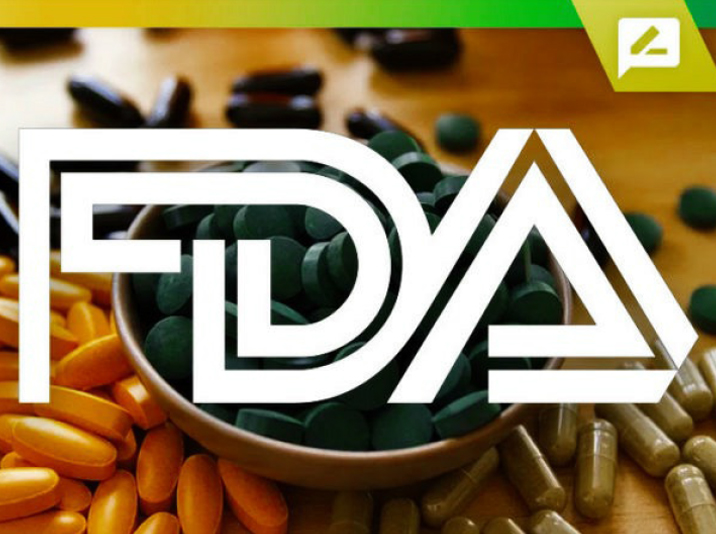
Did you know the U.S. Food & Drug Administration and National Institutes of Health host the Safety Reporting Portal for organizations and companies, including dietary supplement manufacturers, packers and distributors? Other professionals, including those in healthcare and scientific research, as well as consumers, may also provide reports. These reports focus on safety issues or possible harmful effects relating to a product.
Sometimes it’s necessary to provide mandatory reports to the federal government. Such reports aren’t provided through the Safety Reporting Portal but links and information for doing so are provided there. With a focus on voluntary reports, the Safety Reporting Portal helps to keep our country’s products safe and provides a streamlined process for reporting issues.
While adverse events may be rare, adverse event reporting and recall procedures are important elements of Good Manufacturing Practice (GMP) compliance for dietary supplement brands. Own label brands need to take this responsibility seriously and ensure they are prepared for such eventualities by having established Standard Operating Procedures (SOPs) to follow.



